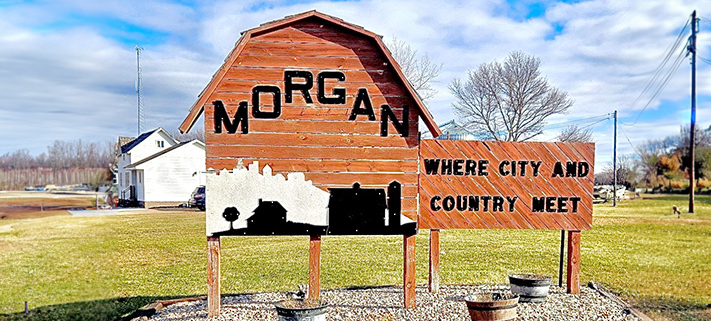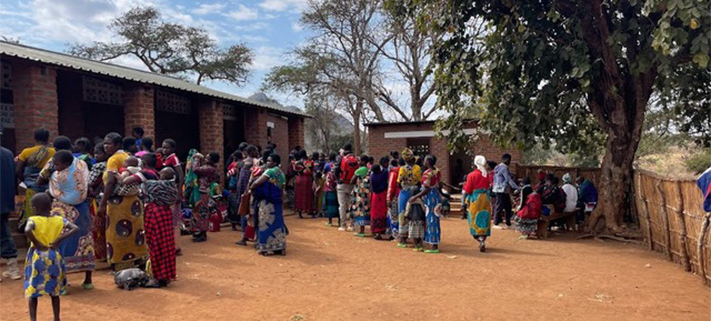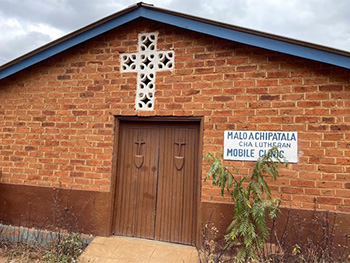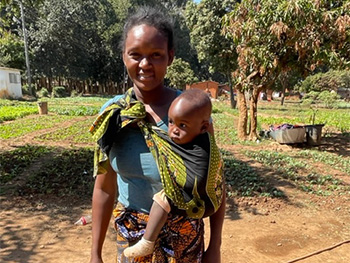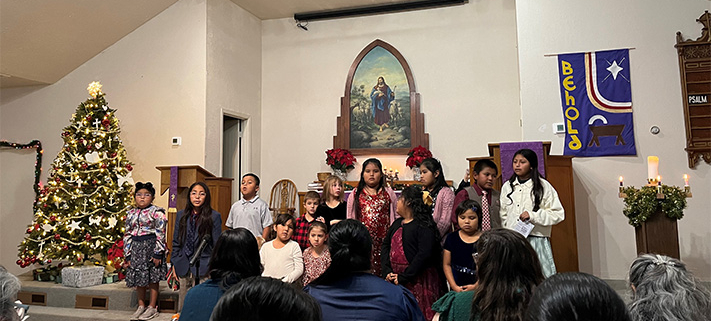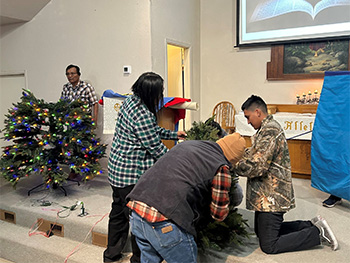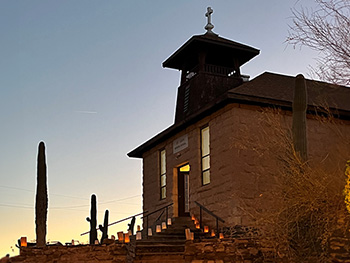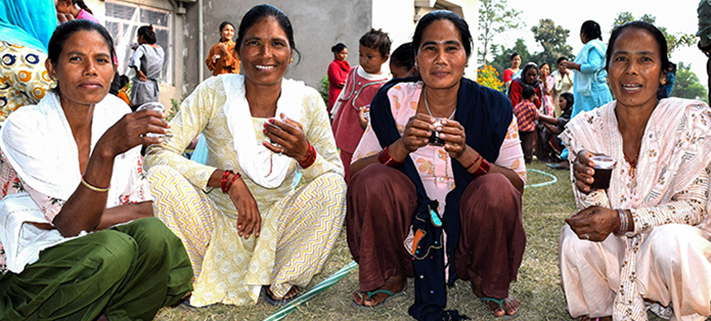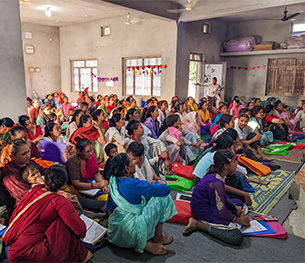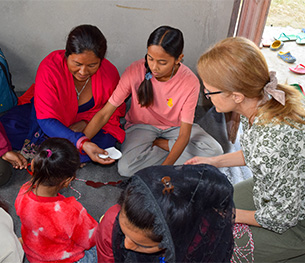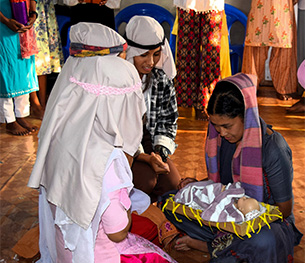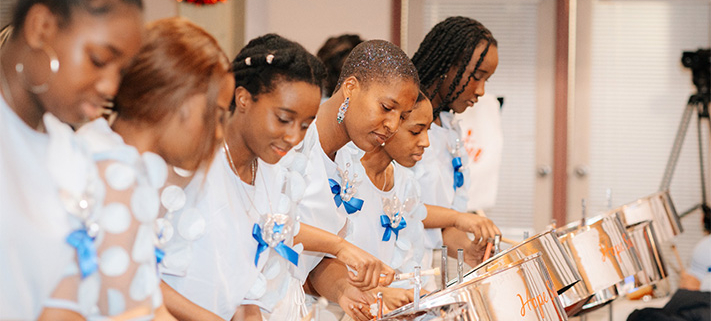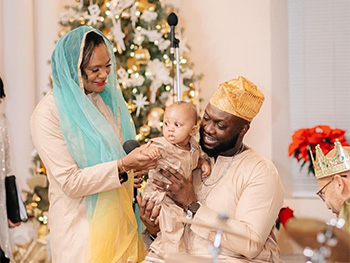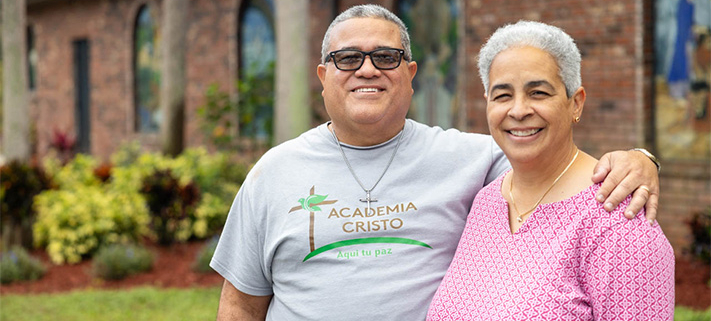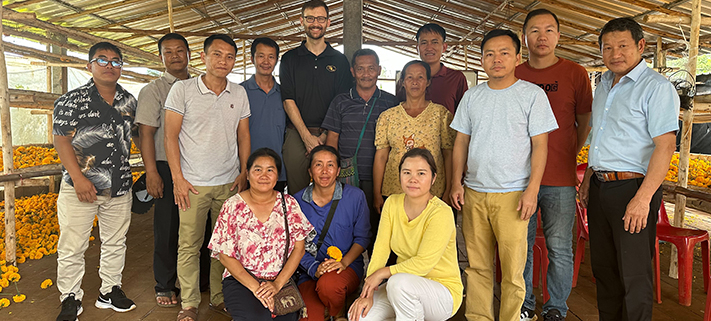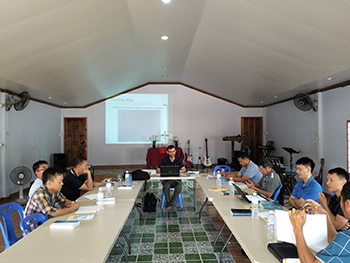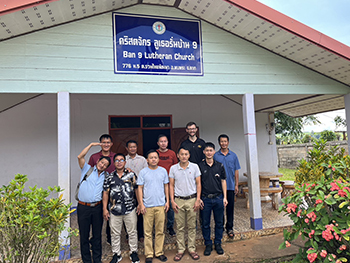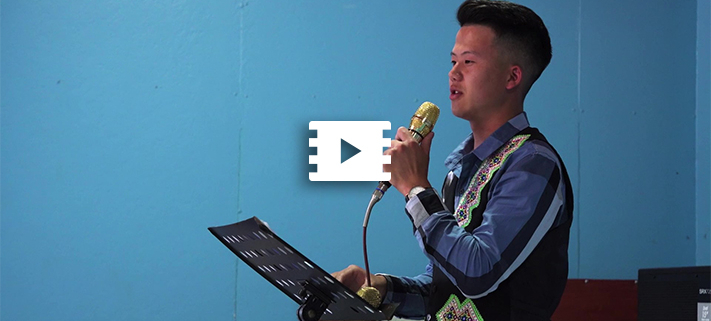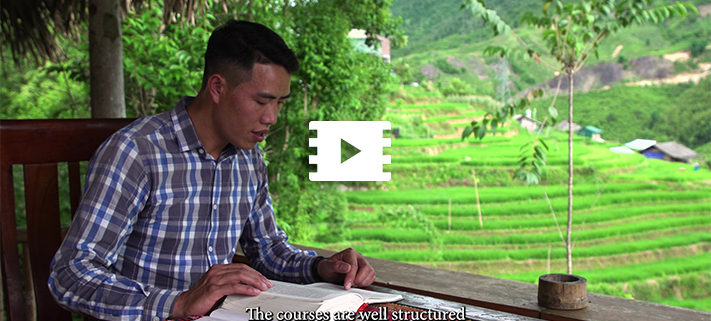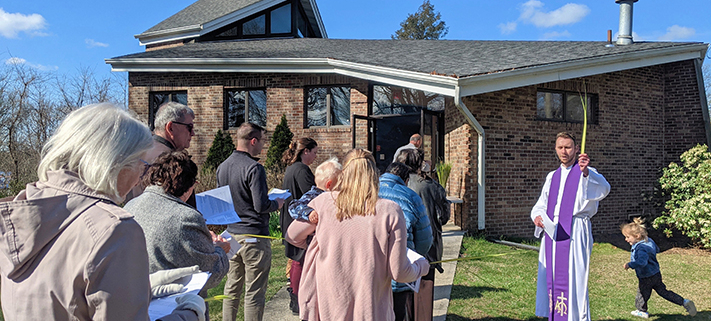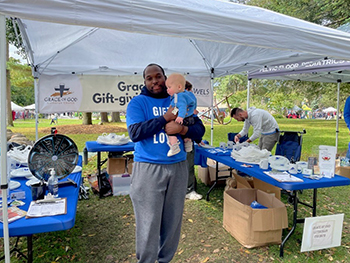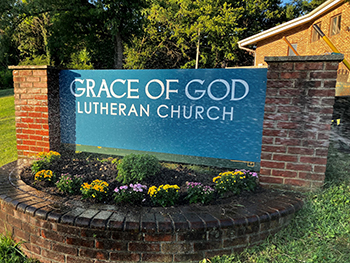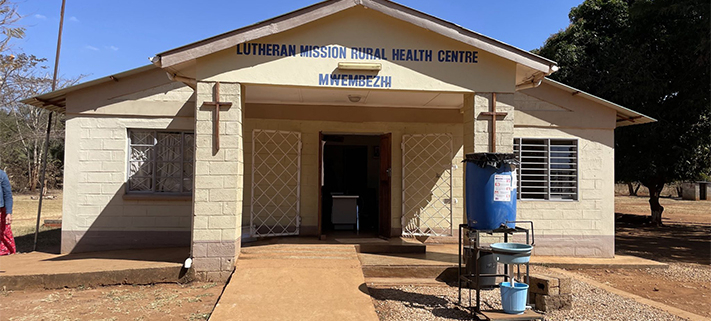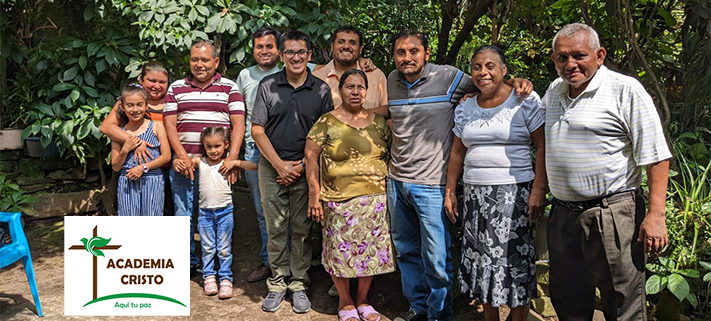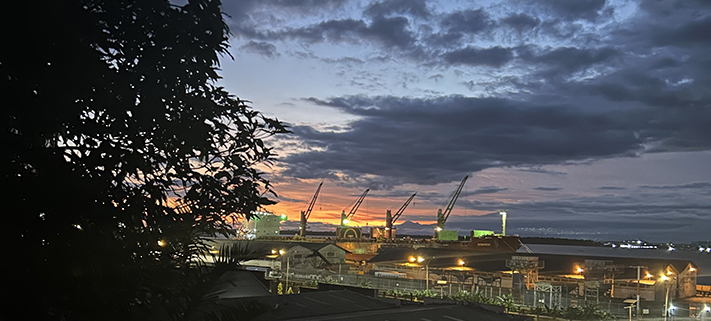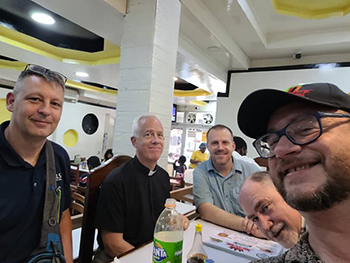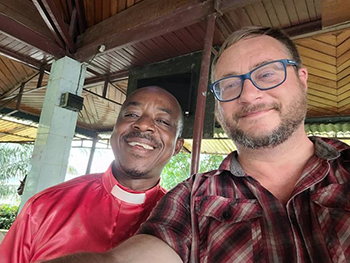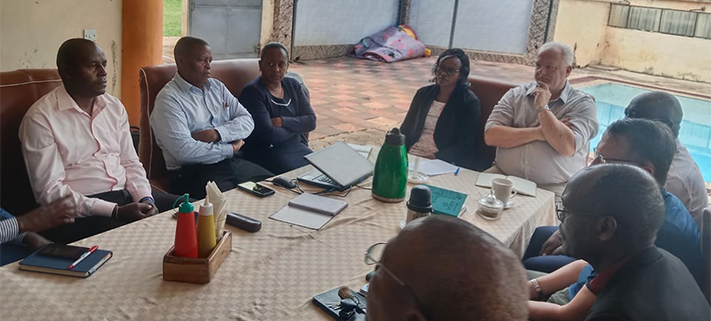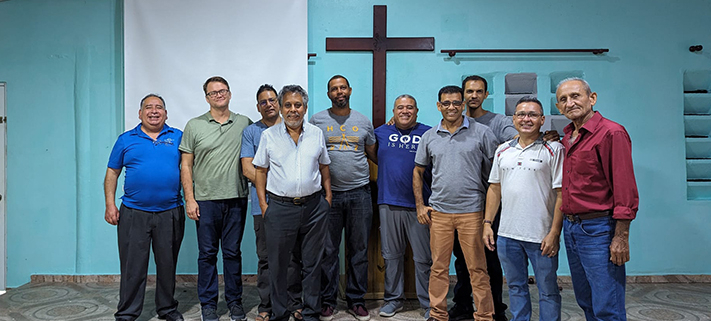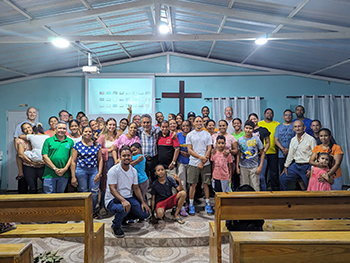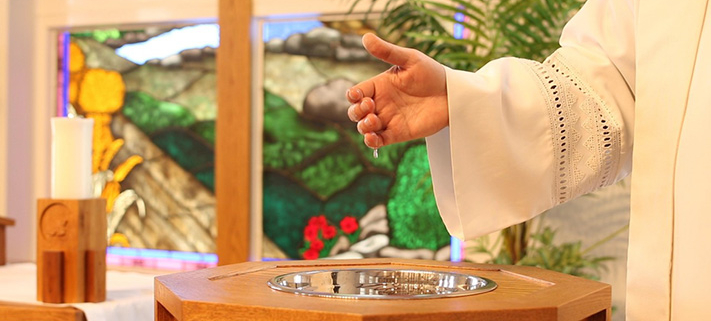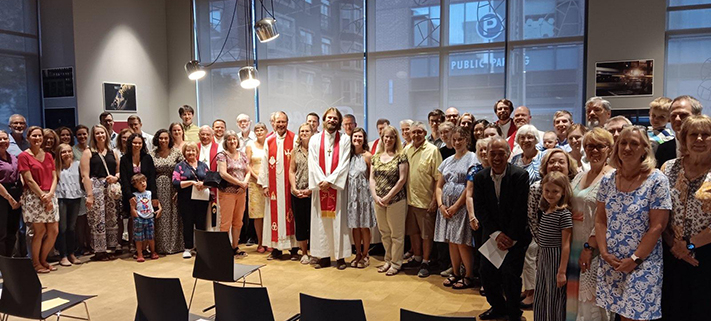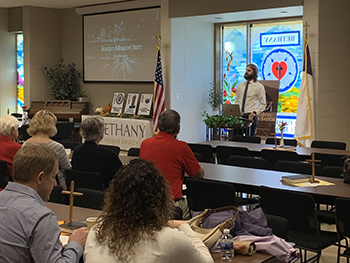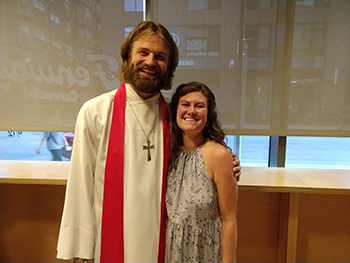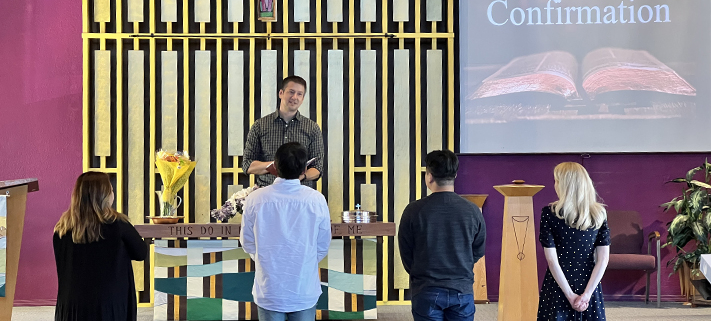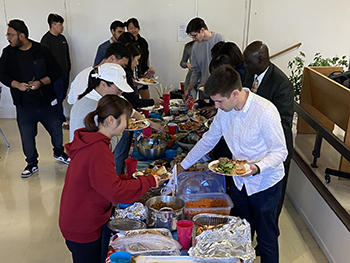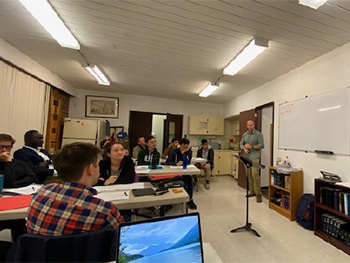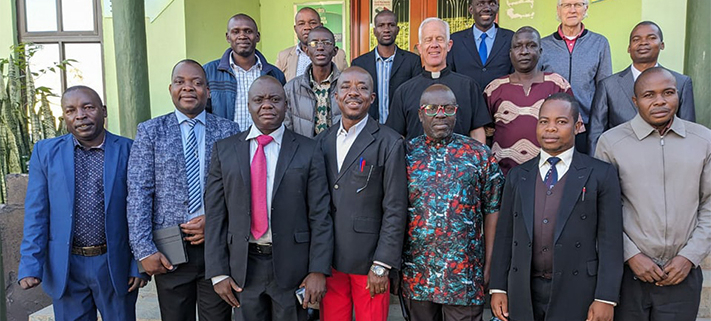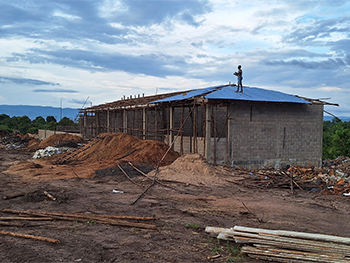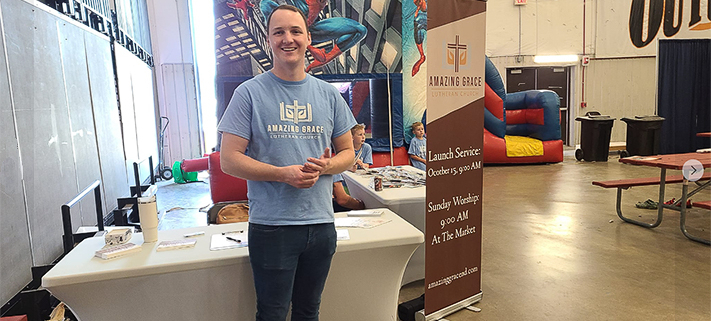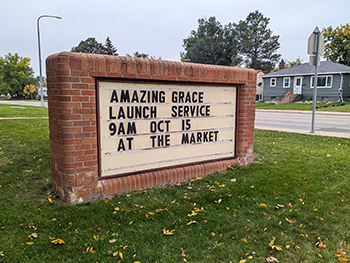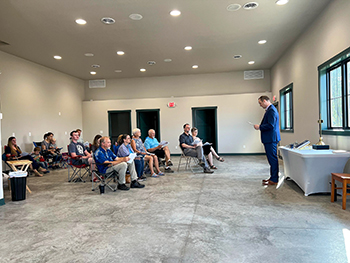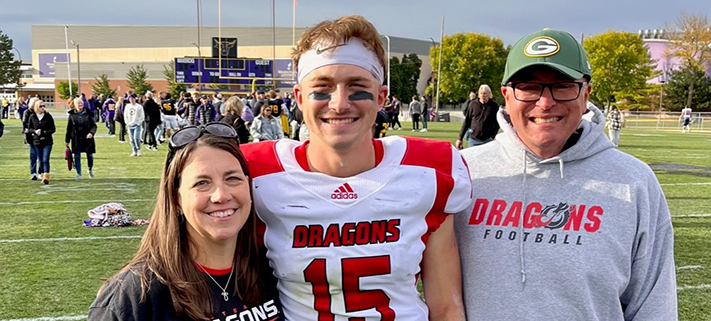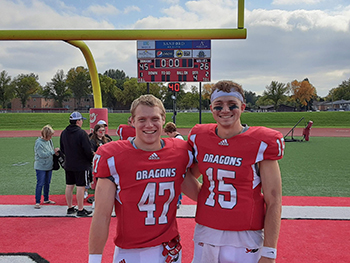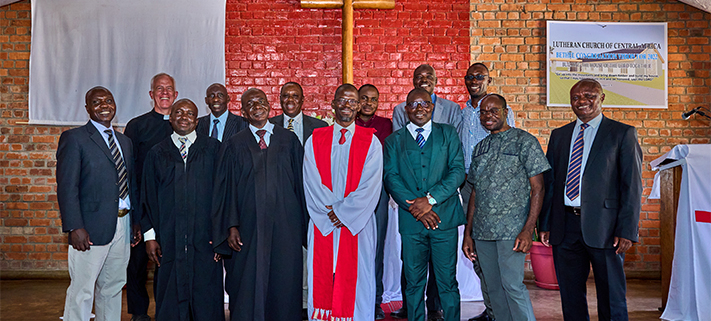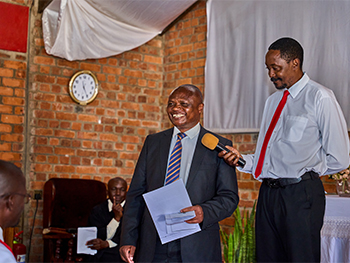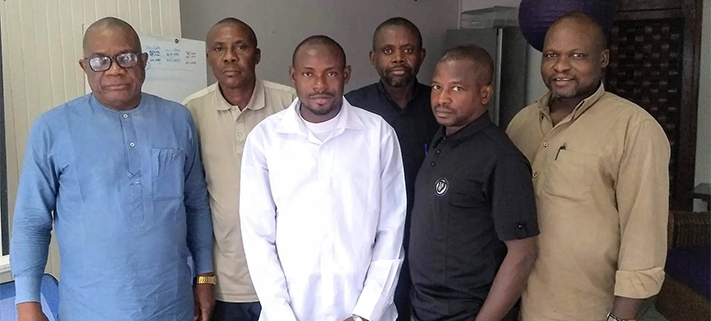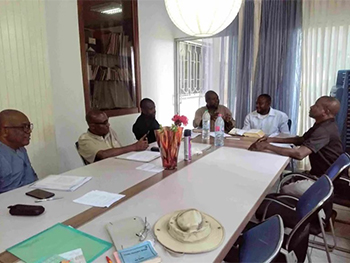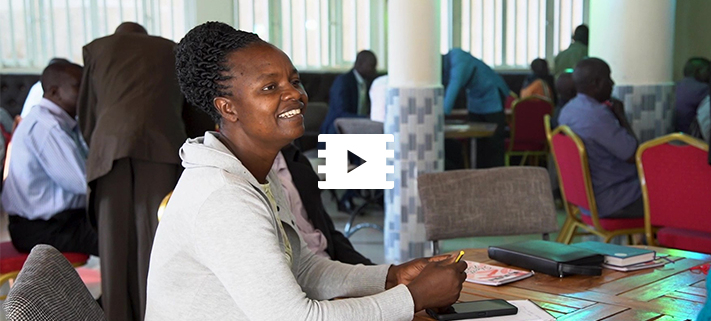More Worship Words to Wrestle With
Participation
Is participation in public worship a breaking of the Fourth Wall?
All the World’s a Stage
“All the world’s a stage, and all the men and women merely players…”1 While Jaques’ soliloquy is considered some of William Shakespeare’s finest poetry and is one of many Shakespearean quotations that remain in common usage, it has become an oft-used modern idiom for a broad range of applications. Seen positively or negatively, collectively or parochially, it speaks to the way in which each of us must temporarily “tread the boards” of this thing called life.
Because the idiom is so encompassing, many aspects of theater have been applied to all sorts and conditions in life. One aspect in particular has found broad application: the concept of the fourth wall. The fourth wall is really a metaphor, completing the “four walls” of a theater—the stage mise-en-scène bordered by three “solid” walls. The proscenium and arch are an invisible “fourth wall,” creating a barrier between actors and audience. The audience can see through it while the actors pretend that they cannot.
In many ways, the fourth wall didn’t exist until the 16th century. Ancient performances, medieval morality plays, even Elizabethan theater, were mostly in the round, or otherwise in the midst of the people, with narrators and characters engaging the audience through winks, nods, soliloquies, questioning, and active participation. (Think Peter Pan inviting the audience to clap for Tinker Bell.)
But by the 19th century, there were strict rules throughout much of Western theater, making the so-called Fourth Wall inviolate. It would be another century before writers, directors, and actors would break through the “wall” and once again engage the audience. Actors will acknowledge within the script that they are fictional characters. They will speak directly to the audience to set the scene or explain a situation. They will bravely step out into the auditorium, making use of public doors and aisles. They will even sometimes let the audience change the course of the script. In such ways, the Fourth Wall isn’t merely broken or shattered, it is obliterated.
The Church’s Four Walls
The “breaking of the Fourth Wall” concept is not confined to theater. It can readily be found as a literary device, even in Scripture. A few striking examples include Moses’ “humble” side comment in Numbers 12:32, the many narrator-type Old Testament connections of Matthew’s gospel, and Jesus’ direct address “let the reader understand” in Mark 13.3 One could argue that the Epistles, by their very nature and the expressed directive that they be passed from congregation to congregation, shows an intent that there be no Fourth Wall between the 1st century world of the early Christian church and every generation to come.
Not surprisingly, the Fourth Wall metaphor has often been applied to the church of today. Discipleship, evangelism, elders’ work—nearly every area of ministry has some aspect of breaking down real or perceived barriers to the words and works of Jesus. Author Wes Vander Lugt summarizes the application this way:
Overall, I am suggesting that interactive theatre provides a compelling model by which to re-imagine Christian mission, not as a mission to unbelievers through an impenetrable fourth wall or a mission with others where no fourth wall exists, but a mission among and in interaction with unbelieving guests in the context of our everyday lives. In order to participate in God’s mission, we need to take church beyond the fourth wall.4
Nearly every area of ministry has some aspect of breaking down real or perceived barriers.
What Wall?
While Vander Lugt’s point has some validity as applied to congregational life—we do tend to hide behind church walls where it is warm and comfortable—are there Fourth Wall implications or parallels for a congregation’s public worship life?
Though there are plenty of descriptions of public worship in both Old and New Testaments, there is no prescription for what New Testament age worship should look like. This is not to say that the New Testament does not have anything to say about public worship. Though it does not dictate the forms for public worship, it does say that public worship should not be formless.
As the apostles proclaimed the words and work of Jesus, they connected the Old Testament to its fulfillment in him. As they heard the life of Christ proclaimed, believers naturally responded with thanksgiving, praising God for the great things he had done and was continuing to do. As the message of Christ dwelled in them richly, the Holy Spirit continued to work in them both the will and the ability to love others as they were first loved by Christ.
And so it continues today, from generation to generation. Paul’s declaration to the Galatians is yours and mine, “I have been crucified with Christ, and I no longer live, but Christ lives in me. The life I am now living in the flesh, I live by faith in the Son of God, who loved me and gave himself for me.”5 The life of Christ is our life. By grace, through faith, we are not viewers but participants in God’s plan for redemption, renewal, and resurrection to eternal life. As the gospel is proclaimed in Word and sacrament, as we gather around these means of grace to our eternal good, and as we respond with gospel proclamation in praise and thanksgiving, we worship.
The congregation’s Spirit-effected response to the gift of salvation, conveyed in Word and sacrament, is itself Word… This responding, confessing, thanking, and glorifying word of the congregation will always recall the great and saving deeds of God’s might; it will acknowledge, laud, and glorify them prayerfully, and in this manner also proclaim and present them to others.6
This is our calling, our right, our responsibility, our joy. In other words, in public worship, the audience can no more be separated from the action than the action “for us and our salvation” can be separated from us. There is no Fourth Wall. In fact, there are no “walls” at all!
In public worship, the audience cannot be separated from the action.
Walled Off
And yet, nearly throughout the history of public worship in the New Testament Age, there are those who would construct a wall between Jesus Christ and the people he has saved. From the Gnostics to the monastics to the Arminian Evangelicals there has been a determined effort to shift the emphasis from Christ’s sacrifice for you to the by me of self-wisdom, self-sacrifice, and self-prove-ment. By the end of the first millennium A.D., the sacrifice of the Mass was firmly entrenched in the Western Church, replacing the Christ’s sacrifice for us with its own so-called sacrifice, but also removing, to varying degrees, participation in the sacrament by the people. Screens were built to literally wall the people off from the message and actions of public worship, the Life of Christ only to be glimpsed in stained glass or meted out in small doses, lest the people have no need for the church.
Even after Luther’s reforms, Calvinism deemphasized the grace of God for the almighty rule of God and robbed the people of the efficacy of the sacraments. Within Lutheranism, the Pietists sought to emphasize Christ in us, not in balance with, but at the expense of Christ for us. Methodism and Arminianism determinedly pulled the spotlight from the Life of Christ to shine on proving oneself and a personal decision for Christ. Nearly across the landscape of public worship in America was a pervasive attitude to “do what works,” an attitude that continues to color public worship decisions today.
Finally, one thing that all these abuses of public worship (not to mention abuses of the Word and sacraments) have in common, is a moving away from, or at the very least an obscuring of, what one could call Life-of-Christ worship.7
Peruse the website and watch a few online services from your local Evangelical mega-church and you will readily see the shift. Christmas is observed and celebrated, but what of the preparatory and anticipatory weeks of Advent? Though not always the case, Easter is observed and celebrated, but Good Friday is rare (perhaps only every few years!). The rest of Holy Week, Palm Sunday in particular, is lost to the ages. The sovereignty of Christ is often emphasized, but the humble King riding into Jerusalem is dismissed as an archaic reference to some by-gone tradition of waving palms.
The rest of the year is filled with preaching series on self-improvement, congregational visions, and situational ethics in which the Life of Christ is relegated to an occasional reference, hidden behind walls of “relevance,” and instrumentalized for personal purposes.8 If observed at all, Baptism and Holy Communion are embarrassingly dismissed with a wink and nod that “some people need this sort of thing.”
The apostle John was inspired to conclude his Gospel account with these words: “Jesus, in the presence of his disciples, did many other miraculous signs that are not written in this book. But these are written that you may believe that Jesus is the Christ, the Son of God, and that by believing you may have life in his name.”9 The apostle Peter declared that we “are a chosen people, a royal priesthood, a holy nation, the people who are God’s own possession, so that you may proclaim the praises of him who called you out of darkness into his marvelous light.”10 As such, the purpose of Christian worship is to praise God by proclaiming the gospel in Word and sacrament.
A determined effort to shift the emphasis from Christ’s sacrifice for you to the by me of self-wisdom, self-sacrifice, and self-prove-ment.
Can public worship fully honor the Word of the Lord when the Life of Christ, the story of him who is our light and life, is reduced to occasional glimpses, disjointed references, and whimsical illustrations seemingly on par with the ever-loved personal story?
God wants to call human beings to eternal salvation, to draw them to himself, to convert them, to give them new birth, and to sanctify them through these means, and in no other way than through his holy Word (which people hear proclaimed or read) and the through the sacraments (which they use according to his Word).11
A lack or even diminished role of the Life of Christ in public worship contributes to construction of not just a Fourth Wall, but the whole theater. Worshipers become audience, engaged through “winks and nods,” creative preaching, and musical selections—perhaps glimpsing occasional nuggets in Christ’s story, but nuggets primarily for private insight and application. This loss of Christo-centricity, deemphasized gospel proclamation, and preference for a rationalized subjectivity in worship slowly and tragically distances attendees from the true heart of worship, transforming them from participants to at best outside-the-box enthusiastic appreciators and at worst shadowed cheap-seaters, slipping out the nearest exit.
Tearing Down the Walls
But as all Christians have the right and responsibility to declare the praises of him who called us out of darkness into his marvelous light, we do well to encourage such declaration through Word and sacrament as the gospel message is proclaimed in the Life of Christ. To encourage such participation, public worship acknowledges what is already true, Christ is in us because he has been, and is, for us. We prioritize gospel predominance, we strive to faithfully use God’s gifts, we honor the historical experiences of the church, and we encourage the participation of God’s people in freedom and love.
Consider the many-layered ways in which the Life of Christ is proclaimed in public worship through ritual, calendar, readings, preaching, music, art, architecture, and language. All of these combine to create an invitational environment in which those sweet words, “Your sins are forgiven,” provide the counter-intuitive and counter-cultural message that releases and transitions lost souls from the grip of sin and the strictures of society to the freedom for which Christ has set us free. Oh, that this message of forgiveness and grace would not be reduced to merely a weekly reference in absolution and a monthly celebration of the Lord’s Supper, but generously offered again and again through Word, sacrament, liturgy, and song! Frank Senn explains in Christian Liturgy:
It is something else to obediently proclaim the word and administer the sacraments and to be surprised by the work of God, to see how the Holy Spirit works in, with, and through the means of grace to produce a faith response. What finally makes worship authentic is not human design but the presence of Christ in the proclamation of the gospel and in the celebration of the sacraments, whose Spirit works through these means to create, sustain, and awaken faith.12
As the totality of our being is found in Christ, our public worship is the mirror image of his life lived for us, sacrificed for us, and raised for us. Participation in the actions of public worship brings us together, strengthens our bond as a family of believers, gives expression to our unity of faith, and prepares us for returning to the outside world. It is the actions of public worship that move us from the liminality of self to the unity of us as we participate in standing together, sitting together, reading together, praying together, confessing together, singing together, and communing together. As the apostle Paul declared:
The cup of blessing that we bless, is it not a communion of the blood of Christ? The bread that we break, is it not a communion of the body of Christ? Because there is one bread, we, who are many, are one body, for we all partake of the one bread.13
By grace, through faith, in Christ alone, this is our calling, our right, our responsibility, our joy.
The actions of public worship move us from the liminality of self to the unity of us as we participate.
All In
It’s good for the pastor not only to rightly understand participation but also to teach it. Here are some idea-starters for verbal or printed explanations:
- Ritual: See a section in Foundations, Ritual and Ceremony (page 212ff) for “several teaching angles.” Our Worth to Him: Devotions for Christian Worship, Unit 1: The Story of Worship, offers the perspective of a participant in worship as one among many worshipers spanning space and time and eternity.
- Calendar: The Church Year isn’t merely a way for pastors to organize worship themes. It’s also something that forms us together as Lutheran Christians, something that you can echo in your homes by means of devotions (cf. the link in today’s worship folder for free options from The Foundation: welscongregationalservices.net/foundation-yr-b).
- Preaching: How does preaching involve participation if only one person is talking? Several possible ways: active and focused listening, the “work” of concentration, taking notes on key points both to aid attention and for later reinforcement, intentionally applying some point in a personal way even if the pastor doesn’t make that specific application. A great resource is the new “My Christian Worship” journal and accompanying Bible study: online.nph.net/my-christian-worship.html
- Music: Singing hymns is obvious participation. But how does one participate when listening to instrumental music? Include an occasional note in the worship folder regarding service music. Here’s an example.
Suo Gan Reverie, by Franklin Ashdown [from The Eventide Collection, CPH 2006]
The Welsh title for this music translates as “Soothing Song.” It was used in Steven Spielberg’s movie, Empire of the Sun. Our new hymnal uses it for two new texts: 647 and 669. While neither is sung in today’s service, 669 may serve for preservice meditation on Holy Communion.
- How do we participate in art? By consciously taking it in as message and not merely decoration. Explain the Christian symbols by printing explanations in your worship folder. Example: Carved into our altar is the symbol AΩ. These are the first and last letters of the Greek alphabet, alpha and omega. They symbolize the eternal nature of Jesus Christ. “‘I am the Alpha and the Omega,’ says the Lord God, ‘who is, and who was, and who is to come, the Almighty.’” (See Foundations, chapter 16, for deeper understanding and quotable quotes to share.)
- Architecture: Worship does not take place ideally from a stage (presentation to the people) but rather in a chancel and a nave, or a wide seating layout focused on the chancel. With a visual focus on the means of grace, with pastor and people participating in proclamation and praise, the form of the worship space encourages the actions of public worship. Use Foundations, chapter 15, Worship Space, to enrich understanding and appreciation.
By Joel Gawrisch
Pastor Gawrisch served for 14 years at Christ Lutheran before taking a call to New Life in Shoreview, Minnesota. He is the Minnesota District Worship Coordinator. He has also served on the Schools of Worship Enrichment team, the Rites Committee for the WELS Hymnal Project, and with the Commission on Congregational Counseling’s Self-Assessment and Adjustment Program.
1 From “As You Like It” Act 2, Scene 7 (line 139), by William Shakespeare
2 Numbers 12:3: Now the man Moses was very humble, more humble than anyone else on the face of the earth.
3 Mark 13:14; also recorded in Matthew 24:15.
4 itiablog.wordpress.com/2010/10/08/church-beyond-the-fourth-wall/.
5 Galatians 2:20
6 Peter Brunner, Worship in the Name of Jesus, tr. by M. H. Bertram (CPH, 1968) pp. 122-124 as quoted in Christian Worship: Foundations (NPH, 2023) pp. 30-31.
7 For an exposition on Life-of-Christ pubic worship, see Michael Berg’s On Any Given Sunday: The Story of Christ in the Divine Service available from 1517 Publishing: shop.1517.org/products/on-any-given-sunday-the-story-of-christ-in-the-divine-service.
8 See Caleb Bassett’s comments on instrumentalizing Jesus in Preach the Word Vol. 27, No. 1.
9 John 20:30,31
10 1 Peter 2:9
11 Formula of Concord, Solid Declaration II, 49-50 as quoted in Worship, Gottesdienst, Cultus Dei: What the Lutheran Confessions Say About Worship (CPH, 2005) p. 90.
12 Senn, Frank C. Christian Liturgy (Minneapolis: Fortress Press, 1997) p. 565.
13 1 Corinthians 10:16,17
Learn about how WELS is assisting congregations by encouraging worship that glorifies God and proclaims Christ’s love.
WELS Commission on Worship provides resources for individuals and families nationwide. Consider supporting these ministries with your prayers and gifts.

